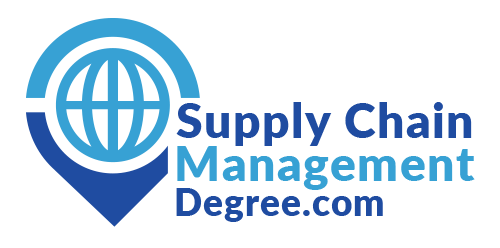
Supply Chain Analytics: Integrating Data Science into Education
In today’s rapidly evolving business landscape, the role of data analytics in supply chain management (SCM) has become increasingly critical. Supply chain analytics leverages data science techniques to optimize processes, enhance decision-making, and drive strategic improvements across the entire supply chain. As the demand for skilled professionals proficient in supply chain analytics continues to rise, educational institutions are adapting their curriculum to equip students with the knowledge and skills needed to succeed in this data-driven field. In this blog post, we’ll explore the importance of integrating data science into supply chain management education and how it prepares students for the challenges and opportunities of the modern supply chain.
Understanding the Role of Data Analytics in Supply Chain Management
Supply chain analytics involves the collection, analysis, and interpretation of data from various sources within the supply chain to improve efficiency, reduce costs, and enhance performance. By leveraging advanced analytics techniques such as predictive modeling, machine learning, and optimization algorithms, organizations can gain valuable insights into supply chain operations, demand forecasting, inventory management, and supplier performance.
Integrating Data Science into SCM Curriculum
Recognizing the growing importance of data analytics in supply chain management, educational institutions are integrating data science principles and techniques into their SCM curriculum. Students are introduced to concepts such as data collection and preprocessing, statistical analysis, data visualization, predictive modeling, and optimization methods. Hands-on projects and case studies provide students with practical experience in applying data analytics tools and techniques to real-world supply chain scenarios.
Developing Analytical Skills for Supply Chain Professionals
By incorporating data science into SCM education, students develop the analytical skills and competencies needed to excel in the field of supply chain management. They learn how to leverage data to identify patterns and trends, forecast demand, optimize inventory levels, streamline logistics operations, and mitigate supply chain risks. Additionally, students gain proficiency in using data analytics tools and software commonly used in the industry, such as Excel, Tableau, Python, R, and SQL.
Enhancing Decision-Making and Strategic Planning
Supply chain analytics equips students with the ability to make data-driven decisions and develop strategic insights that drive business value. By analyzing supply chain data, students can identify opportunities for process improvement, optimize supply chain networks, identify cost-saving opportunities, and enhance customer satisfaction. These skills are essential for supply chain professionals to effectively navigate the complexities of the global marketplace and drive competitive advantage for their organizations.
Meeting Industry Demand for Data-Savvy Professionals
As organizations increasingly recognize the value of data analytics in supply chain management, there is a growing demand for supply chain professionals with strong analytical skills. By integrating data science into SCM education, educational institutions are meeting industry demand and producing graduates who are well-equipped to tackle the challenges of the modern supply chain. These data-savvy professionals are highly sought after by employers across industries, from manufacturing and retail to logistics and e-commerce.
In conclusion, the integration of data science into supply chain management education is essential for preparing students to succeed in the data-driven world of modern supply chains. By developing analytical skills, leveraging data analytics tools and techniques, and gaining practical experience in applying data science to supply chain challenges, students are equipped to drive innovation, optimize performance, and create value across the entire supply chain. As the demand for data-savvy supply chain professionals continues to rise, educational institutions play a critical role in preparing the next generation of SCM leaders to excel in this dynamic and rapidly evolving field.


